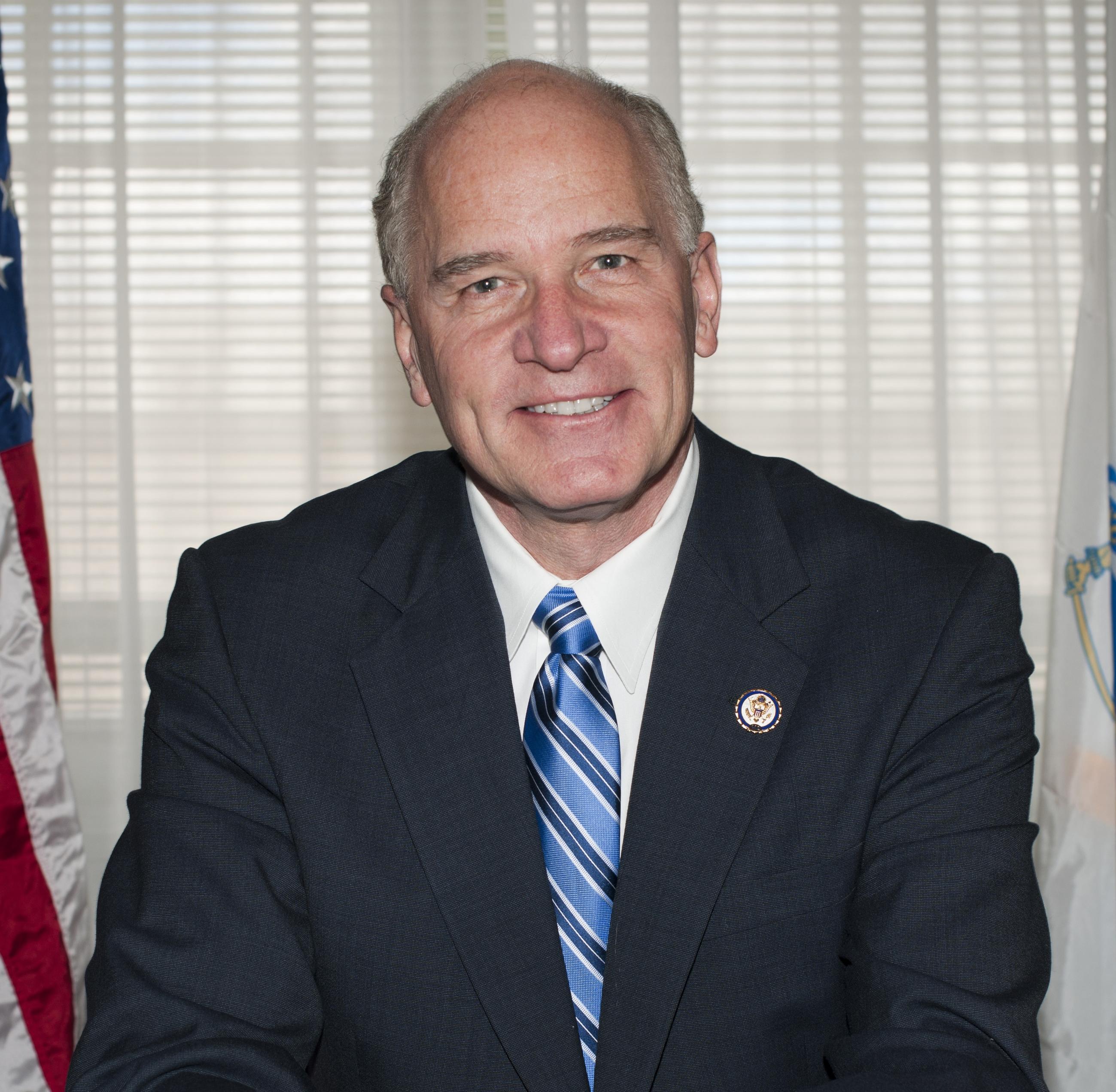In the lead-up to this year’s NATO summit in the Netherlands, the Trump administration is pushing alliance members to commit to spending 5 percent of their nations’ gross domestic product (GDP) on defense. However, some Democrats argue that the administration’s policies will make it harder for the U.S. to reach that spending goal and could also hinder U.S. defense production overall.
“On the one hand, as we’ve seen with defense spending, there’s a plus-up for defense that’s been in the reconciliation bill,” said Sen. Jeanne Shaheen, the top Democrat on the Senate Foreign Relations Committee, during an event last week organized by the D.C.-based Atlantic Council. “And on the other hand, they’re talking about cutting 8 percent over the next five years on defense spending. We need consistent messaging, and we need to have a plan for how we’re going to get there.”
The Pentagon has proposed cutting $50 billion of its budget annually for the next five years. Secretary of Defense Pete Hegseth appeared before House and Senate committees multiple times last week to answer questions about the 2026 budget request for his department.
He told Congress that the Pentagon and Elon Musk’s Department of Government Efficiency had identified $6 billion in potential cuts that the department could make. He argued that this money would be part of the Pentagon’s effort to “eliminate non-lethal priorities.”
However, some lawmakers say the cuts Hegseth would like to pursue could jeopardize U.S. national security. For example, Hegseth has suggested the administration could abolish the position of Supreme Allied Commander for Europe, a role currently held by General Christopher Cavoli.
Top congressional Republicans, including the Senate Armed Services Committee Chairman Roger Wicker, have opposed that idea, arguing that “combatant commands are the tip of the American warfighting spear.”
Hegseth also told Congress the administration would cut military assistance to Ukraine, which is fighting an existential war for its independence from Russia. The Pentagon’s 2026 budget request does not include aid for Ukraine, despite insistence from numerous members of Congress that the U.S. and its Western allies will only be safe from Russian aggression if Ukraine wins the war.
Meanwhile, Shaheen added that President Donald Trump’s tariffs have negatively impacted the U.S.’s ability to produce weapons swiftly and could hinder the sale of weapons to allied nations. The New Hampshire Democrat noted that, due to Trump’s tariffs on steel and aluminum, defense producers in her state must wait two and a half years to obtain steel that they could previously procure in 20 weeks.
“One of the things that for me has been an eye-opener about the war in Ukraine has been the recognition that our defense-industrial base has not had the capacity to do what we need to do in terms of producing the arms to fight a war like the one in Ukraine,” Shaheen said. “The tariffs make that worse.”
She also noted it will be harder to reach Trump’s goal of 5 percent of GDP spent on defense if money from the Pentagon is diverted to the Department of Homeland Security to address immigration issues.
Congress will likely increase defense spending by $150 billion through the budget reconciliation process. When that is added to the Trump administration’s Department of Defense budget proposal for fiscal year 2026, Pentagon spending could top $1 trillion per year.
Russell Vought, director of the Office of Management and Budget, told the House Appropriations Committee that the reconciliation bill, in conjunction with base appropriations, is a “once-in-a-generation opportunity to revolutionize our nation's defense capabilities.”
Still, the United States would need to increase its annual defense budget beyond $1.5 trillion to meet the goal of 5 percent of GDP that Trump wants. The United States currently spends around 3.4 percent of its GDP on defense.
Despite the inconsistency from Washington, many members of the NATO alliance appear poised to increase their defense spending significantly ahead of the NATO summit on June 24-25. Even Canada, known for spending less than 2 percent of its GDP on defense, announced that it would reach that threshold for defense spending by the end of the year.
NATO Secretary General Mark Rutte has also said he plans to push allies to commit to spending at least 3.5 percent of their GDP on military expenditures and an additional 1.5 percent on other security-related investments, such as cybersecurity and infrastructure. During a recent speech in London, Rutte promised that the upcoming summit would “transform our alliance.”
“We will build a better NATO. One that is stronger, fairer, and more lethal,” Rutte said. “So that we can continue to keep our people safe, and our adversaries at bay.”










